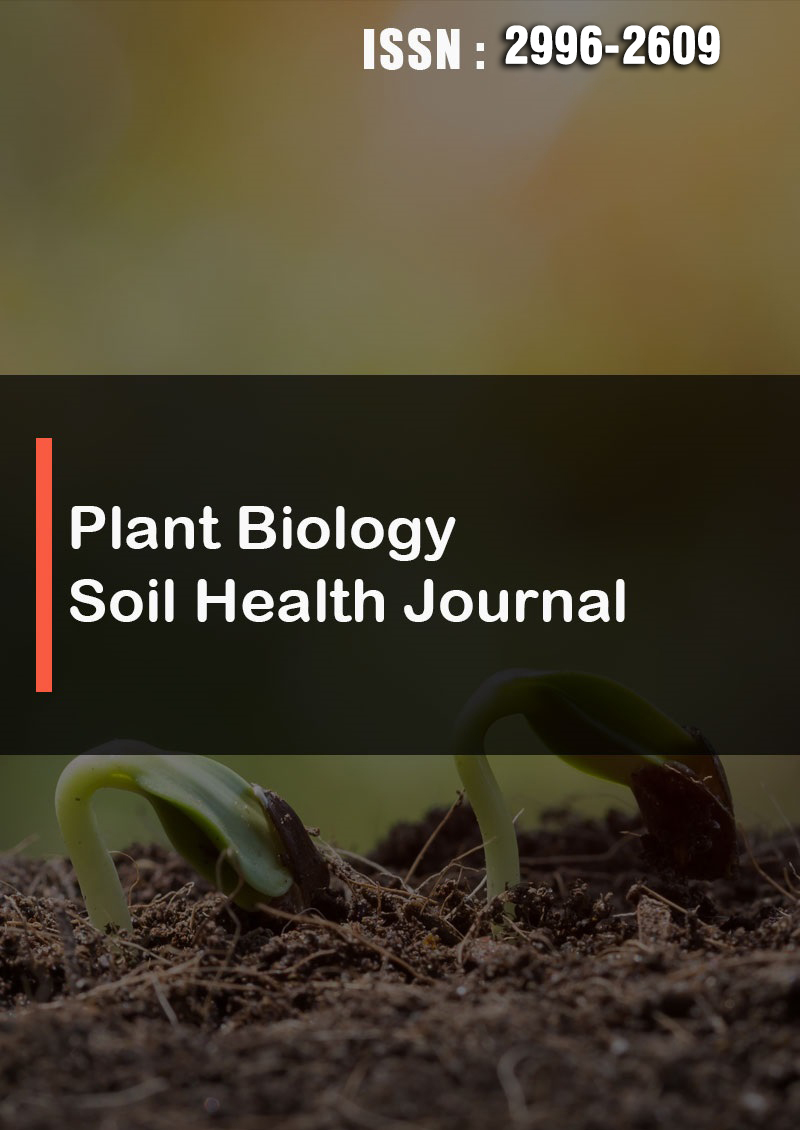Adoption Drivers and Adopter Categories of Improved Rice Seeds in Northern Ghana
Abstract
Clement Yaw Lamptey and Lois L. Dukper
Factors such as education, extension and gender drive farmer adoption of agricultural innovations worldwide, partic- ularly in northern Ghana. Farmers are generally categorized as adopters and non-adopters when they become aware of innovations such as improved rice seeds (IRS). Using a survey data from 385 rice producing households, the study employed logistic regression to analyse drivers of adoption and categorized farmers of IRS into six specific groups of potential adopters. The empirical results revealed six categories of potential adopters: early adopters, late adopters, continuous adopters, temporary disadopters, permanent disadopters, and non-adopters, with a mean adoption level of 51.95%. It is therefore too elementary to categorize potential adopters simply as adopters and non-adopters, irrespec- tive of whether they maintain their adoption decisions over time or not. Outcome of the logistic regression also showed that factors including farmers’ awareness of government policies, knowledge of climate change, ownership of mobile phones, and membership in farmer based organizations, positively influenced farmer adoption of IRS in northern Gha- na. However, gender and mechanization negatively affected the farmers’ adoption decisions. The study recommends that the government collaborates with Non-Governmental and Farmer-Based Organizations to encourage rice farmers to continuously adopt IRS in northern Ghana, via interventions like the Planting for Food and Jobs program. Also, female rice farmers should be encouraged to mechanize and commercialize their rice farms. The findings of this study should serve as a guide to adoption researchers in categorizing adopters of agricultural innovations.



